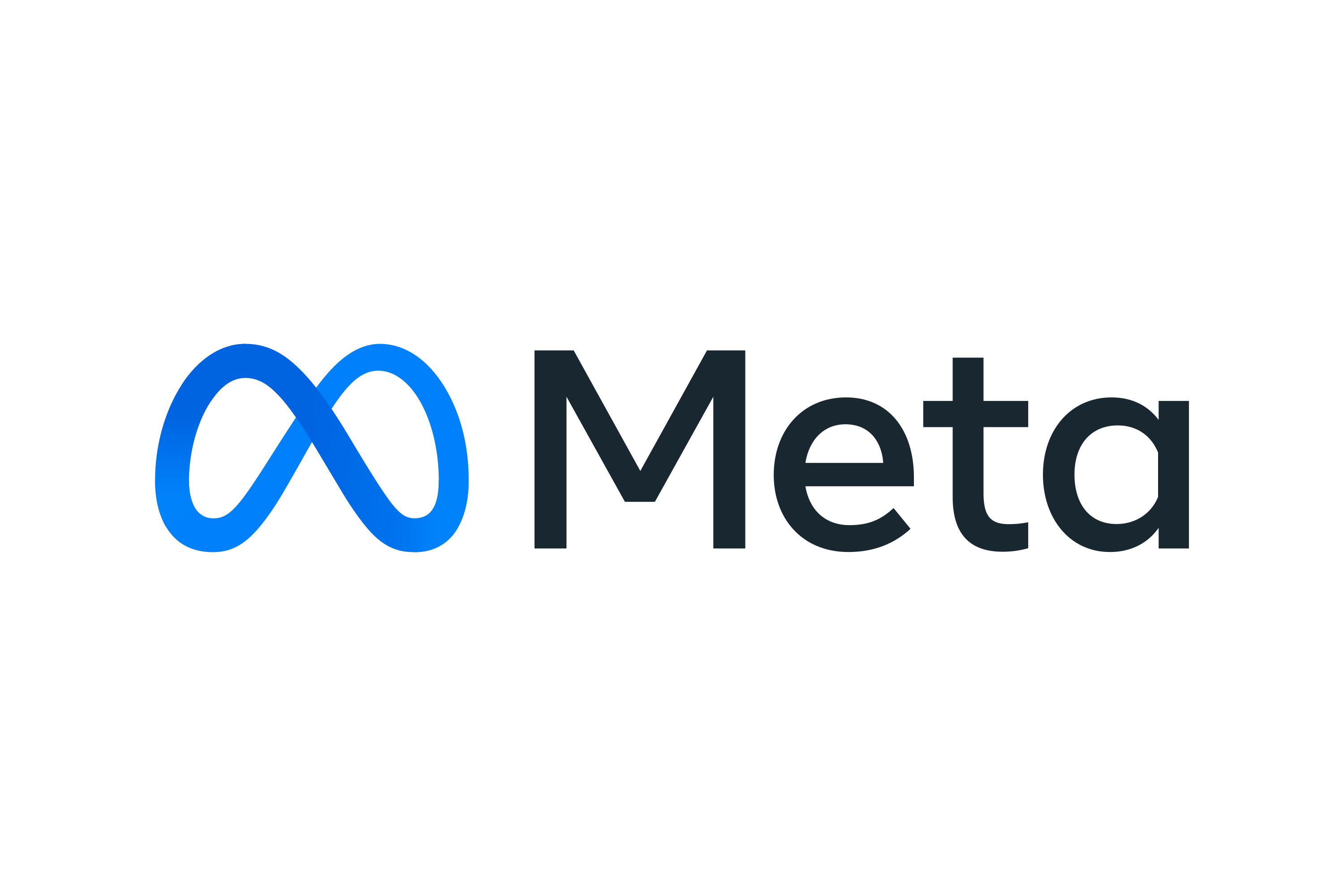Australia Slaps $14 Million Fine on Facebook Owner Meta for Undisclosed Data Collection

Australia Slaps $14 Million Fine on Facebook Owner Meta for Undisclosed Data Collection
The Australian court’s order against Meta Platforms (formerly Facebook) stems from the company’s misleading practices regarding user data collection through a smartphone application. The court found that Meta had collected user data through an app that was advertised as a means to protect privacy without adequately disclosing its true intentions.
The court’s decision resulted in a fine of A$20 million ($14 million) for Meta. The penalty was imposed as a consequence of the company’s violation of consumer protection laws and its failure to be transparent about the data collection practices associated with the app.
Misleading users about data collection practices can erode trust and undermine user privacy rights. Regulators and courts worldwide have been increasingly scrutinizing tech companies’ handling of user data and holding them accountable for any deceptive practices.
:max_bytes(150000):strip_icc()/shutterstock_2113535186-750x406-5a8cb0db05f441deb12ea8d8c726a2c5.jpg)
The court’s order in Australia serves as a reminder to tech companies that they must be truthful and transparent about their data collection and privacy practices to maintain trust with users and comply with relevant laws and regulations. Failure to do so may result in significant fines and legal repercussions.
The Australian Federal Court’s ruling not only required Meta Platforms (formerly Facebook) to pay a fine of A$20 million for its deceptive data collection practices but also ordered the company to cover the legal costs incurred by the Australian Competition and Consumer Commission (ACCC) in bringing the civil lawsuit against them.
The legal costs amounted to A$400,000 and were to be paid to the ACCC. This additional penalty aims to hold the company accountable for its actions and covers the expenses incurred by the regulatory authority during the investigation and litigation process.
By imposing both the fine and the legal costs, the court sends a strong message about the seriousness of deceptive practices related to user data collection. It also serves as a deterrent to other tech companies to ensure compliance with consumer protection laws and transparency in data handling practices.

The A$20 million fine imposed on Meta Platforms (formerly Facebook) is related to its deceptive data collection practices through the smartphone application Onavo, which was advertised as a privacy protection tool without disclosing its true actions. However, this fine represents only one aspect of Meta’s legal issues in Australia concerning its handling of user information.
Another ongoing legal matter involves a civil court action brought by Australia’s Office of the Information Commissioner (OAIC) specifically related to Meta’s dealings with the data analytics firm Cambridge Analytica in Australia. This case is separate from the Onavo-related issue and pertains to Meta’s involvement in the global scandal that erupted over the misuse of user data by Cambridge Analytica during the 2016 U.S. presidential election.
Wednesday’s judgment in the Australian Federal Court was specifically related to Meta Platforms’ (formerly Facebook) virtual private network (VPN) service called Onavo. The company offered this VPN service from early 2016 to late 2017 and advertised it as a means to protect users’ personal information and keep their data safe. VPNs work by obscuring an internet user’s identity, providing their computer with a different online address, thus adding an extra layer of privacy and security.

However, the court found that Meta had engaged in deceptive conduct by not disclosing its true intentions and actions related to the Onavo VPN. While marketing it as a privacy protection tool, the company was using the service to collect user data without the users’ knowledge or consent. This violation of consumer trust and privacy laws led to the Australian Competition and Consumer Commission (ACCC) bringing a civil lawsuit against Meta.
As a result of this legal action, the Federal Court ordered Meta Platforms to pay fines totaling A$20 million and an additional A$400,000 in legal costs to the ACCC. This judgment serves as a reminder to tech companies about the importance of transparency and honesty in their interactions with users, especially when it comes to handling their data.
In the written judgment delivered by Judge Wendy Abraham in the Australian Federal Court, it was revealed that Facebook (now Meta Platforms) had used the Onavo VPN service to collect users’ data beyond what was disclosed to the users. Specifically, the company collected users’ location data, information about the time and frequency of their app usage, and data about the websites they visited while using the VPN.
The collected data was then used for Facebook’s advertising purposes, without obtaining proper consent from the users. This undisclosed data collection and subsequent use for advertising purposes were deemed deceptive conduct by the court and led to the imposition of fines and legal costs on Meta Platforms.

The Australian Federal Court’s judgment highlighted that the failure of Meta Platforms (formerly Facebook) to make sufficient disclosures about its data collection practices through the Onavo VPN app deprived tens of thousands of Australian consumers of the opportunity to make informed choices about the use of their data. The court found that the company collected user data without proper disclosure or consent, which violated consumer laws.
The court imposed a fine of A$20 million on Meta for its deceptive conduct, in addition to ordering A$400,000 in legal costs to be paid to the Australian Competition and Consumer Commission (ACCC), which brought a civil lawsuit against the company.
The court noted that it could have fined Meta much more, given the number of app downloads and the potential individual fine for each breach of consumer law. However, the imposed fine was agreed upon by both parties and was considered sufficient to deter similar conduct in the future without being perceived as merely an acceptable cost of doing business.
Meta, in response, stated that it had built tools to give users more transparency and control over their data in recent years. The company’s global revenues were noted to be $116 billion in the previous year.

The case serves as a reminder of the importance of clear and transparent information for consumers to make informed choices about the use of their data and the need for tech companies to adhere to privacy laws and regulations.



